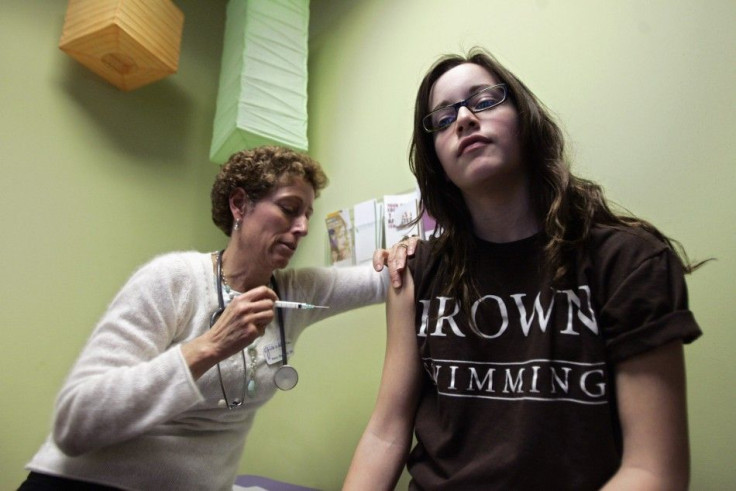HPV Connected to Heart Disease: Report

Human papillomavirus, or HPV, has been found to increase the rate of heart disease in women, according to a report in the Journal of the American College of Cardiology.
Kenichi Fujise of the University of Texas Medical Branch in Galveston was the senior author of the study, which targeted the 20 percent of patients who have heart disease but lack risk factors such as high cholesterol or blood pressure. HPV targets the gene p53, which protects against cancer and may be tied to preventing artery disease.
Fujise and a research team studied 2,450 women, ages 20 to 59. They responded to a health survey from 2003 to 2006, used vaginal swabs for specimens, and responded with their history of heart disease, defined as heart attacks or strokes. Almost half of the women, or 1,141, had HPV, while 60 had heart disease and 39 had HPV. The women with HPV were found to be 2.3 times as likely to have heart disease, compared to those who did not have HPV.
HPV has also come into focus during the Republican presidential campaign, as candidates have argued over the HPV vaccinations, marketed as Gardasil and Cervarix. In September, candidates Michele Bachmann and Rick Perry sparred over the vaccine. Perry made vaccination mandatory for female public school children in Texas in a 2007 executive order. Bachmann said in September that girls should not be forced to be vaccinated, and made the claim - widely reported as false - that vaccination could lead to mental retardation.
According to the Centers for Disease Control and Prevention more than 80 percent of women over age 50 have contracted at least one strain of HPV, and it is the most common sexually transmited disease in the country. In 90 percent of cases, the body's immune system can clear the disease, but infection can lead to genital warts or more serious conditions such as cervix, vulva, penis, anus and throat cancer.
© Copyright IBTimes 2025. All rights reserved.





















